CBD for Narcolepsy – Can CBD help Excessive Daytime Sleepiness ?
Estimated reading time: 7 minutes
Introduction
Living with narcolepsy can be incredibly hard. It disrupts sleep cycles and causes various terrible symptoms. While traditional medications are usually used to manage narcolepsy, many people are turning to CBD as a natural alternative for symptom. In this article, we will dig into the research surrounding CBD's use in narcolepsy and explore its potential effectiveness in alleviating symptoms. Let's explore whether CBD oil can help individuals with narcolepsy regain control over their lives.
What is CBD?
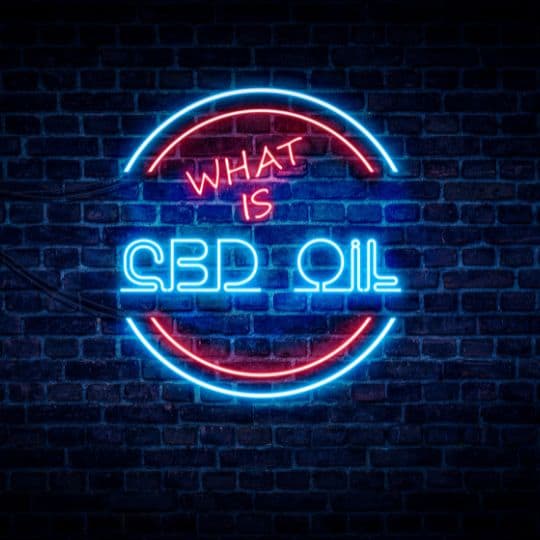
CBD, which stands for “cannabidiol,” is a natural substance that is found in the Cannabis sativa plant. It is a cannabinoid, which is a type of chemical that works with the endocannabinoid system in the body. Unlike its cousin THC (tetrahydrocannabinol), CBD does not make you feel “high” or give you psychoactive effects.
CBD's ability to heal has brought it a lot of attention. Hemp is a type of Cannabis sativa that has low amounts of THC. It is often used to make CBD oil, tinctures, capsules, topicals, and other products.
Research shows that CBD may be good for your health in a number of ways. It is thought to be anti-inflammatory, analgesic (relieves pain), anxiolytic (reduces nervousness), and neuroprotective. CBD has been looked at as a possible way to treat chronic pain, epilepsy, anxiety disorders, insomnia, and conditions linked to inflammation.
Cannabidiol (CBD) is still being studied to find out exactly how it works in the body, but it is thought to affect the endocannabinoid system, which controls things like mood, sleep, hunger, pain perception, and immune function.
CBD and Excessive Daytime Sleepiness (EDS)
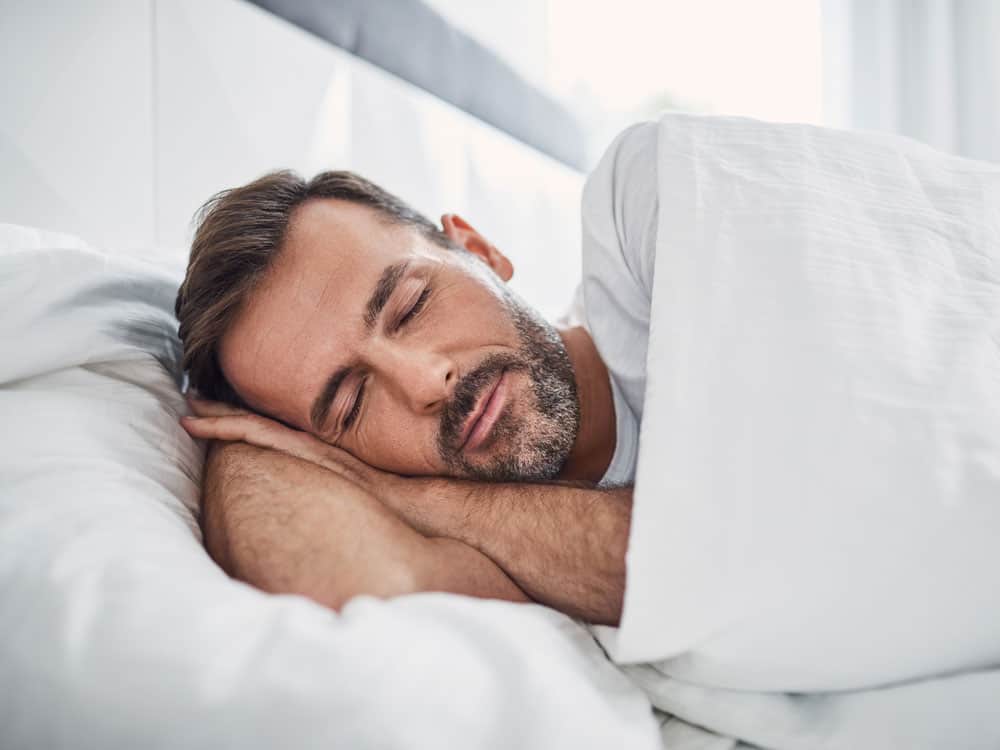
Excessive daytime sleepiness (EDS) is a prevalent symptom experienced by individuals with narcolepsy. It significantly hampers their ability to perform daily tasks. However, a study published in Current Psychology Reports demonstrated that CBD can effectively reduce EDS in narcolepsy patients. Participants who received a daily dose of CBD oil for 28 days reported a substantial decrease in EDS and an overall improvement in sleep quality. Moreover, further research published in CNS and Neurological Disorders revealed that CBD positively affects wake-related neurochemicals in animal studies. Although more conclusive evidence is necessary, these initial findings are promising for individuals with narcolepsy.
Managing Cataplexy with CBD

In addition to addressing EDS, CBD may also aid in managing cataplexy, which involves sudden loss of movement triggered by emotions like laughter or surprise. Cataplexy can cause individuals to collapse or become temporarily immobile. A study published in the Journal of Clinical Psychology in 2018 discovered that CBD effectively reduced the frequency and severity of cataplexy in narcolepsy patients. Although research is still in its early stages, these initial results hold promise for the potential of CBD in managing cataplexy.
Read more about CBD for sleep
Alleviating Sleep Paralysis
Sleep paralysis, another distressing symptom of narcolepsy, may also be mitigated with the use of CBD. Sleep paralysis refers to a temporary inability to move or speak that occurs during the transition between wakefulness and sleep. It often accompanies vivid hallucinations and a sense of impending doom. A study published in Neurotherapeutics in 2021 revealed that CBD reduced the frequency and duration of sleep paralysis episodes in narcolepsy patients. CBD appears to offer relief for individuals suffering from this terrifying experience.
What is the difference between Narcolepsy and EDS?
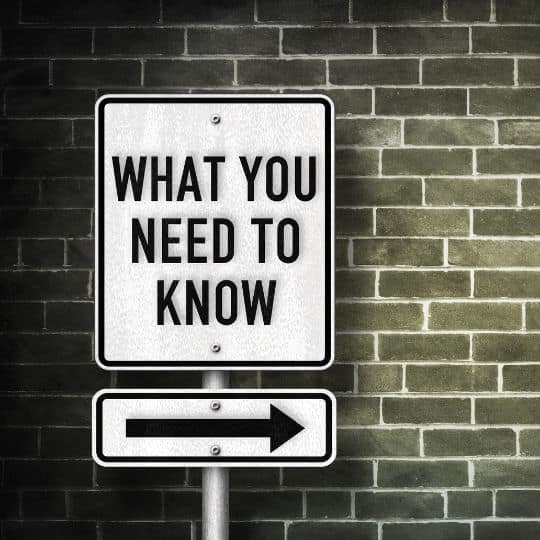
Narcolepsy and EDS (Excessive Daytime Sleepiness) are related but distinct conditions.
Narcolepsy is a neurological disorder characterized by excessive daytime sleepiness, sudden and uncontrollable episodes of falling asleep (known as sleep attacks), and disturbances in sleep patterns. It is often accompanied by other symptoms such as cataplexy (sudden loss of muscle tone), sleep paralysis, and hallucinations during sleep. Narcolepsy is typically caused by a deficiency in the brain chemical hypocretin. This regulates wakefulness and sleep cycles.
EDS, on the other hand, refers specifically to the excessive daytime sleepiness experienced by individuals with various sleep disorders, including narcolepsy. EDS is a symptom rather than a separate disorder. It is characterized by persistent drowsiness and a strong urge to sleep during the daytime. Regardless of the amount and quality of nighttime sleep.
What you also need to know
Narcolepsy is a specific condition with a range of symptoms. EDS can be present in other sleep disorders as well. s
Such as sleep apnoea, restless-legs syndrome, and certain psychiatric disorders. Therefore, EDS is a broader term to surround excessive sleepiness across different conditions. While narcolepsy refers to a specific neurological disorder with distinct symptoms beyond EDS.
It's important to differentiate between the two. Although EDS is a common symptom of narcolepsy, not everyone who experiences EDS has narcolepsy. Proper diagnosis and evaluation by a doctor are crucial. Just to determine the underlying cause of EDS and develop an appropriate treatment plan.
CBD's Impact on Narcolepsy Symptoms
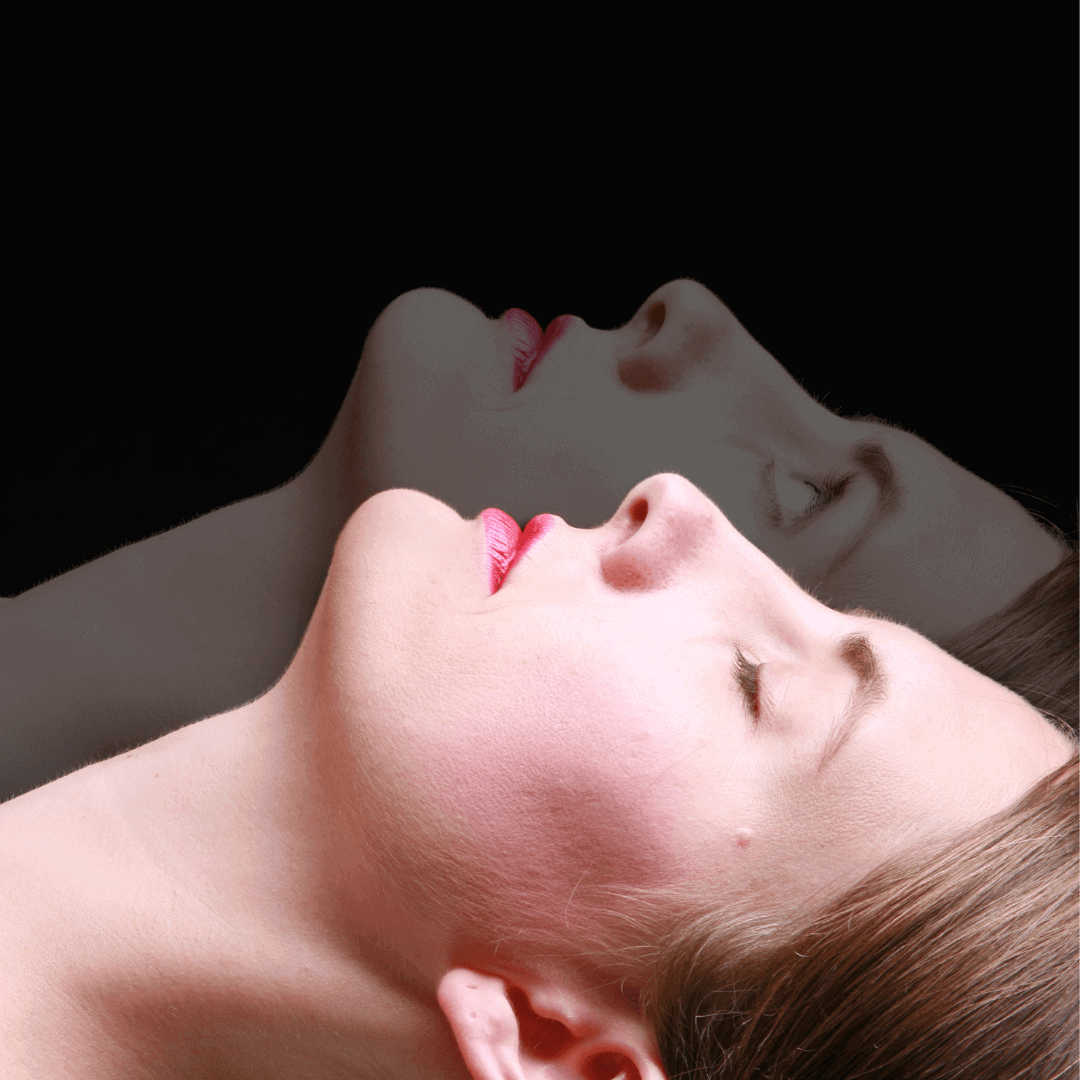
CBD may also prove beneficial in managing additional symptoms commonly associated with narcolepsy, such as insomnia, anxiety, and depression.
Addressing Insomnia
Insomnia frequently accompanies narcolepsy, and CBD has demonstrated its ability to improve sleep quality and reduce sleep latency. Numerous individuals have reported positive experiences using CBD for insomnia relief, highlighting its potential efficacy in this regard.
Managing Anxiety and Depression
Anxiety and depression often coexist with narcolepsy, and CBD has shown to possess anxiolytic and antidepressant properties. Remarkably, CBD is used to alleviate anxiety, ranking as the second most reported use for CBD products. The testimonials of people experiencing relief from anxiety with CBD are abundant, suggesting its potential benefits for those with narcolepsy.
Should You Consider CBD Oil for Narcolepsy?
If you struggle with any of the symptoms discussed in this article, incorporating CBD oil into your day. It could provide significant benefits. However, it's crucial to consult with your doctor before starting any new treatment, including CBD. Especially if you are already taking prescribed medications for narcolepsy. Your healthcare provider possesses the knowledge necessary to evaluate your unique healthcare situation and provide personalized guidance.
Conclusion:
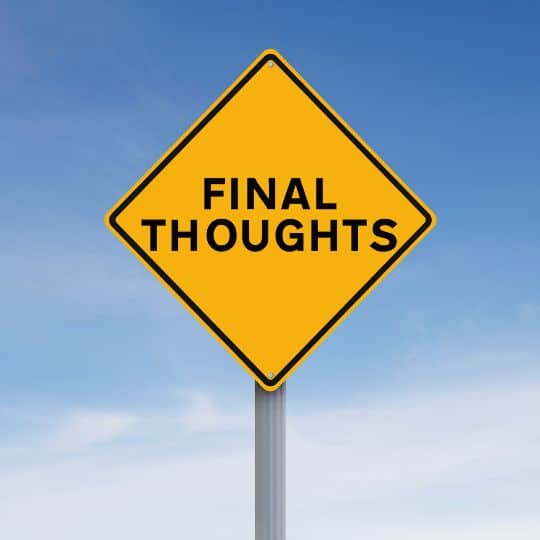
While CBD shows promise in managing narcolepsy symptoms; it is essential to remember that it should not replace traditional treatment options. Prioritize open communication with your doctor to ensure a comprehensive approach to your narcolepsy management. CBD offers a natural alternative that may be beneficial in alleviating excessive daytime sleepiness. Also cataplexy, sleep paralysis, insomnia, anxiety, and depression associated with narcolepsy.
Although further research is needed, current studies show CBD as an option for people with narcolepsy. For high-quality CBD products, consider exploring our online CBD store. The Real CBD has earned the trust of thousands who rely on our exceptional CBD products.
CBD for Narcolepsy
-
 CBD/CBN and Melatonin Soft Gel Capsules€60.00
CBD/CBN and Melatonin Soft Gel Capsules€60.00 -
 CBD Capsules – Water Soluble 5%€59.00
CBD Capsules – Water Soluble 5%€59.00 -
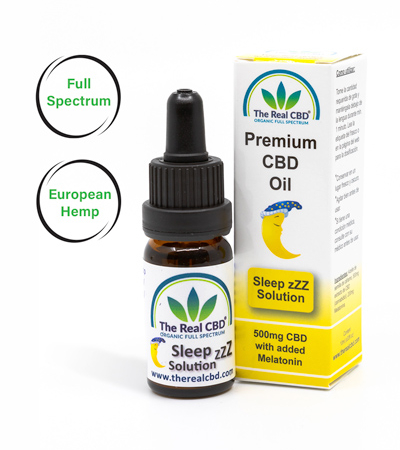 CBD Sleep Solution 10%€50.00
CBD Sleep Solution 10%€50.00 -
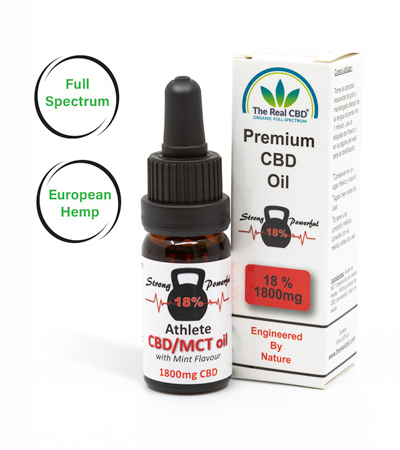 Athlete MCT/CBD oil 18%€90.00
Athlete MCT/CBD oil 18%€90.00 -
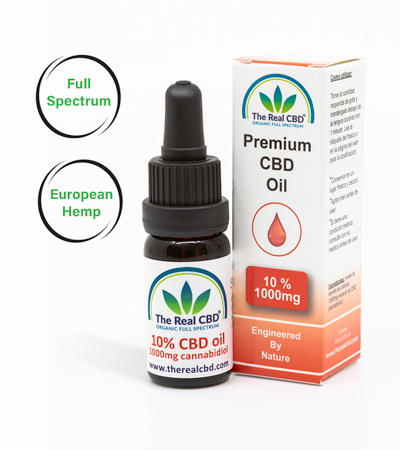 10% CBD oil€55.00
10% CBD oil€55.00 -
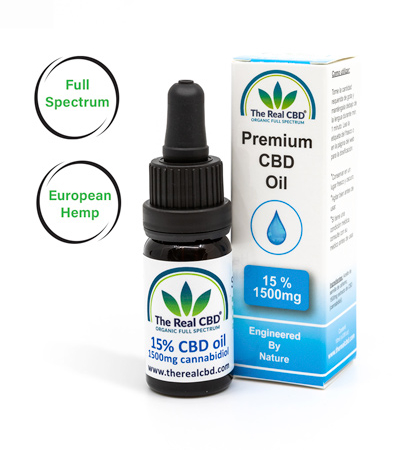 15% Pure CBD oil€80.00 – €85.00
15% Pure CBD oil€80.00 – €85.00

I am a certified expert in Medicinal Cannabis. We are all about giving correct and trustworthy information. We know how important it is to learn about CBD and cannabis, which is why we want to be your go-to source for trustworthy information. We help you improve your health by using our knowledge and experience as a starting point.








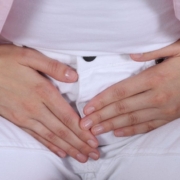





Leave a Reply
Want to join the discussion?Feel free to contribute!